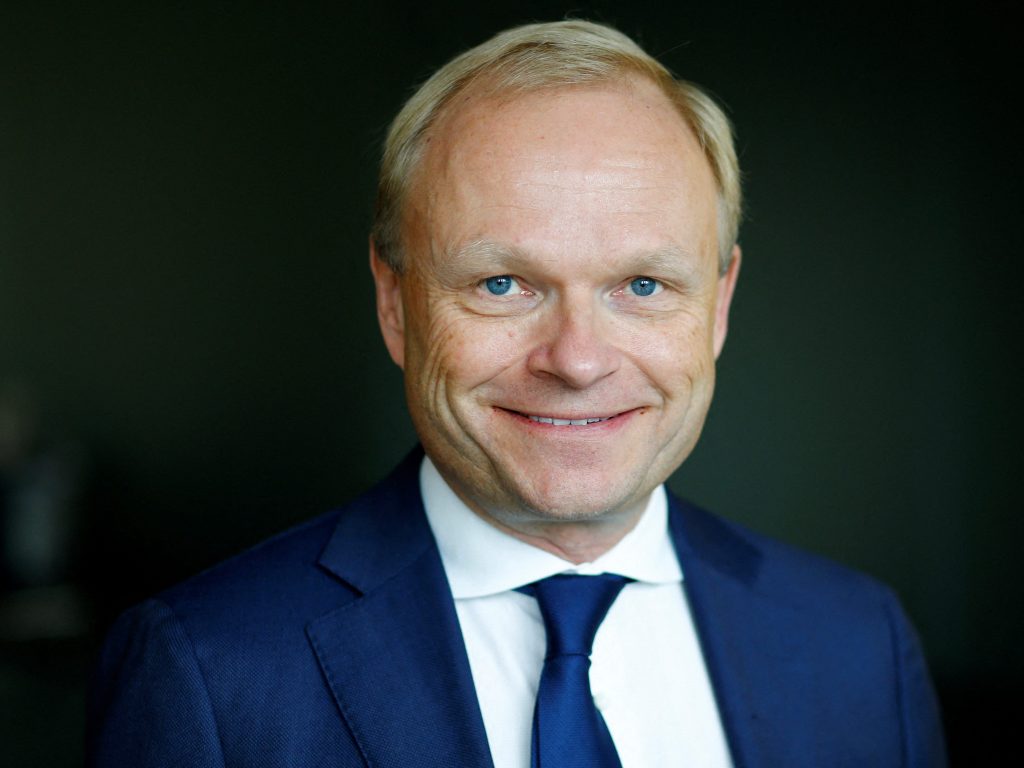- 6G networks will hit the market around 2030, Nokia's CEO said during a panel discussion at Davos.
- The arrival of 6G would come amid an expansion of the "industrial metaverse," Pekka Lundmark said.
- "There will be pretty much a digital twin of everything out there," he added.
6G networks will hit the market around 2030 as the "industrial metaverse" expands in the tech industry, Pekka Lundmark, the president and CEO of telecommunications company Nokia, has predicted.
He made the comments during a Davos panel discussion titled "strategic outlook on the digital economy" on Tuesday morning.
"Right now, we're all building 5G networks, as we know, but by the time quantum computing is maturing for commercial applications, we're going to be talking about 6G," Lundmark said. "By then, [2030], definitely the smartphone as we know it today will not anymore be the most common interface."
According to Lundmark, the "physical world and the digital world will grow together." The eventual result could involve a user going into a VR world, flipping a switch or turning a dial, and changing something in the real, physical world.
An industrial metaverse "could include models similar to comprehensive, detailed digital twins of objects that exist in reality," according to trade magazine Industry Week.
Ruth Parlot, chief financial officer at Alphabet, was also on the panel. She predicted that people would soon be able to instantly translate conversations using augmented reality (AR) glasses. "You'll be able to wear AR glasses and translate languages as you speak," Parlot said.
There is no standard definition of 6G at this stage. It was only in late 2018 and early 2019 that telecommunications networks began to roll out 5G on the commercial market in the US.
Lundmark said moving to 6G would require even more expansive computational resources, including networks that are hundreds, if not thousands of times faster than 5G.
Experts describe 6G not just in terms of faster speed and response times but as a major shift in networks, driven by technological development in quantum mechanics and artificial intelligence.
Part of that shift would include interactive technologies that integrate the other human senses, such as smell, taste, and touch, into the user experience, Marianna Obrist, professor of multisensory interfaces at University College London, wrote in El País earlier this month.
"There will be the physical world and then there will be a digital world. There will be pretty much a digital twin of everything out there," Lundmark added during the panel discussion.
